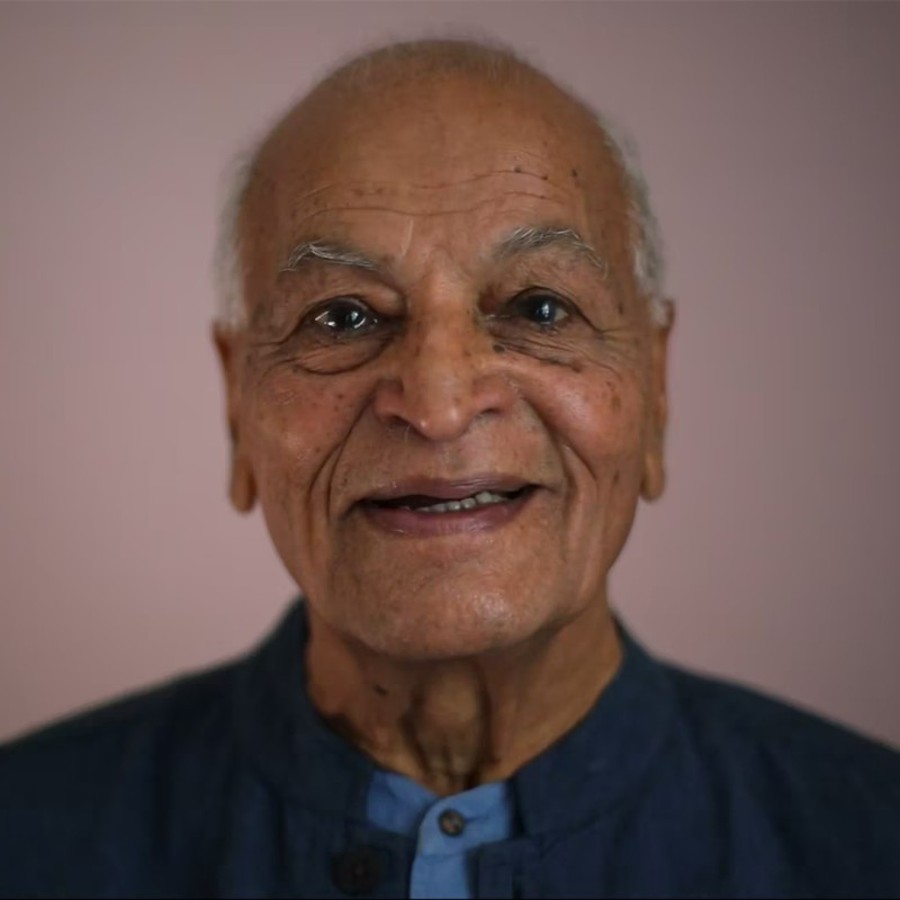How Climate Smart Agriculture (could stop starvation)

It’s believed that around one in every 11 people go to bed hungry each night, that’s around a third of the world’s population. The world’s hungriest countries at present are Haiti, Mali, Sudan, South Sudan and the Occupied Palestinian Territories.
Yet there is more than enough food for every person on earth. In fact, more food is thrown away than is needed to feed every hungry person.
Although many Global South countries face deep challenges from poverty and hunger (often caused by war and freak weather due to climate change), just ‘throwing money at big charity’ is not the answer. The good news is that there are more effective and empowering ways to help.
From choosing Fair Trade food and drink, to giving directly to people (without big charities), you can do something to help!
Africans don’t want to rely on westerners, they want to grow food on their own land. Climate smart agriculture does this, by supporting seeds and training for drought-tolerant crops and rainwater harvesting, to restore desert to lush land to grow healthy food at little cost.
This also provides resilience when droughts and floods hit. Recently in Tanzania, floods have killed nearly 150 people, the main city relying on ‘rain-fed agriculture’ for income. Floods have left people (and donkeys) starving, due to.
Rainforest Alliance has a good article on the benefits of climate-smart-agriculture:
- Rainwater harvesting does what it says on the tin – ensuring that on rare occasions when it rains, that water is kept to water plants and soil, rather than evaporating into the ground.
- Contour planting is used especially for tea plantations. Planting on hills or natural terraces helps to reduce soil erosion.
- Planting shade trees helps crops to flourish in hot weather. It also helps farmers grow multiple crops. You’ve likely heard of shade-grown coffee, where farmers can also grow say bananas at the same time, so get more bang for their buck, at local markets.





